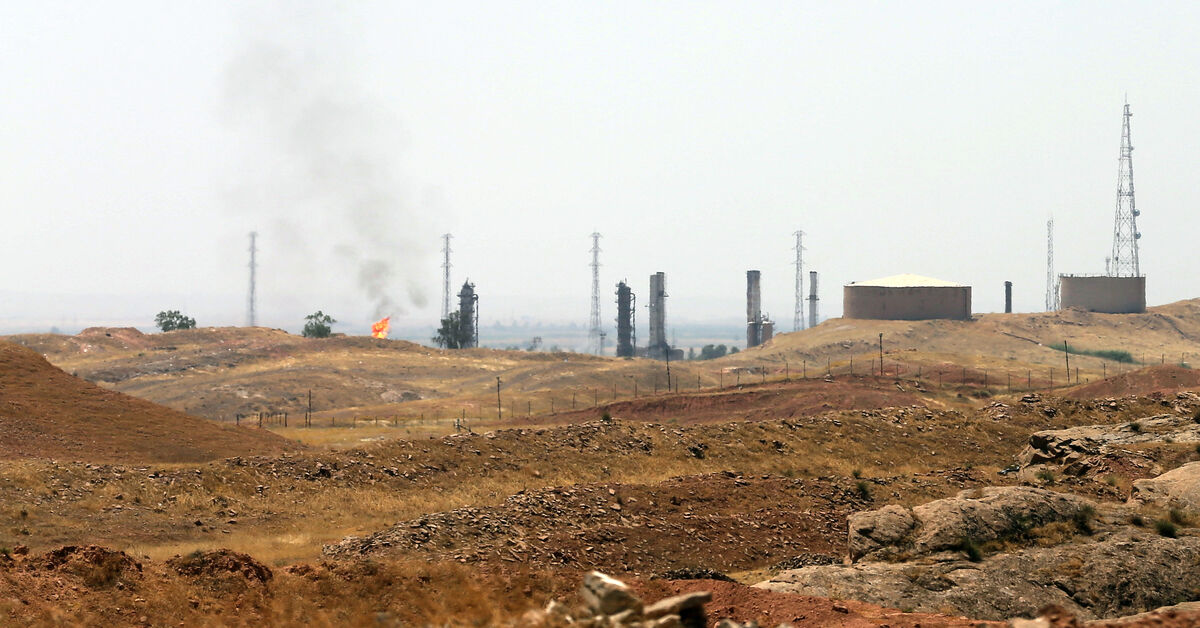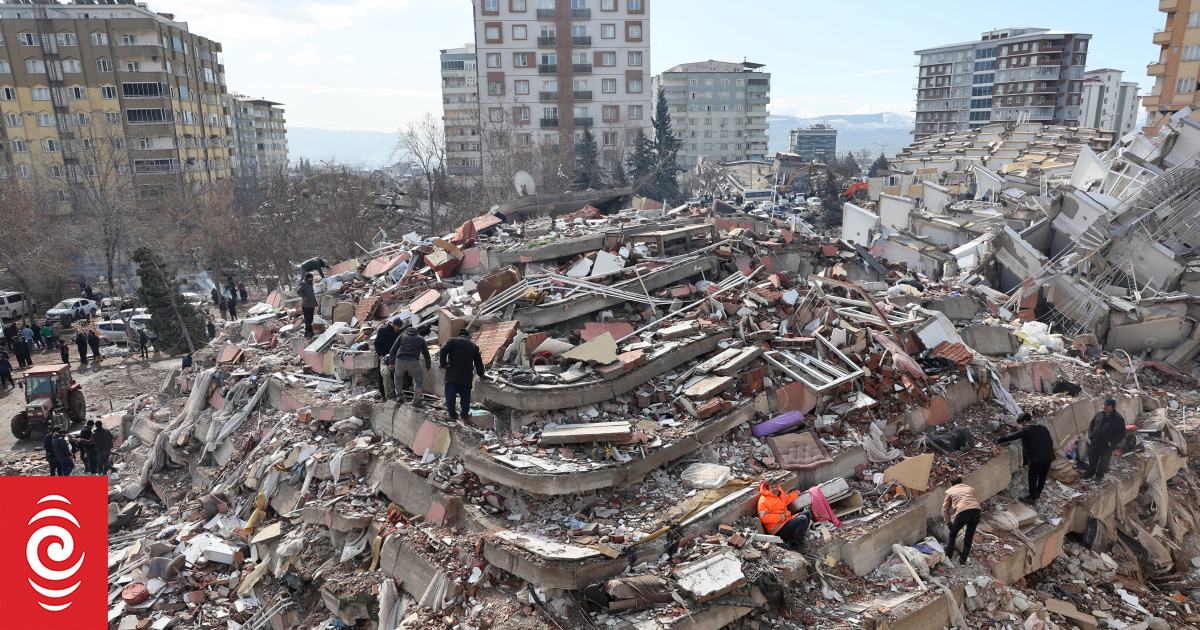Iraqi efforts underway to resolve Kurdish oil exports via Turkey
Iraqi and Turkish officials are expected to meet soon to discuss a new arrangement for Iraqi oil exports via Turkey after an international tribunal penalized Turkey last week over Kurdish oil exports without Baghdad’s consent.
Iraqi Oil Ministry spokesperson Asem Jihad told Al-Monitor that an Iraqi delegation would soon travel to Ankara for talks, stressing that neither Turkey nor the Kurdistan Regional Government (KRG) rejected the arbitration decision — an attitude that he said allows for “a new beginning.”
The dispute stemmed from Iraq’s claim that Turkey breached a bilateral pipeline agreement, signed in 1973 and updated in 2010, by allowing the KRG to export oil independently of Baghdad via Turkey’s Mediterranean port of Ceyhan since 2014. The Paris-based International Chamber of Commerce (ICC) ruled in favor of Iraq last week and ordered Ankara to pay Baghdad some $1.4 billion in damages for 2014-2018. While the ruling put the KRG in a tight spot, the compensation sum came as a silver lining for Turkey, as the penalty had been expected to exceed $20 billion.
Baghdad, for its part, is happy that the ruling confirmed its authority over oil exports despite the lower compensation. “The oil being under our control is more important than anything,” Jihad told Al-Monitor.
Drawing on its rapprochement with Ankara, in 2014 the KRG built a new conduit to the Turkish border at Fish Kabur, where it connected to the existing pipeline carrying crude from Iraq’s northern Kirkuk oil field to Ceyhan.
Before the new conduit became operational, a company that was allegedly linked to Berat Albayrak, the son-in-law of Turkish President Recep Tayyip Erdogan, was granted a monopoly on trucking oil from Kurdistan to Turkey, with up to 500 trucks daily from 2009 to 2013. Ankara and Erbil also agreed on the construction of a gas conduit from the Miran and Bina Bawi gas fields to the Turkish border.
The crude exports via Turkey amounted to 445,000 barrels per day, including 370,000 barrels from Kurdistan and 75,000 barrels from the Baghdad-controlled fields in Kirkuk.
Following the arbitration verdict, Iraq halted all shipments to Turkey on Saturday, and Turkey said it would abide by the ruling.
The halt of oil flow prompted Washington to jump into the fray. State Department spokesperson Vedant Patel urged Ankara and Baghdad this week to resume the flow. “Disruptions to global energy supply would not serve anyone’s interest,” he said.
The Turkish Energy Ministry, meanwhile, said the ICC had upheld only one of Iraq’s five claims while acknowledging most of Turkey’s counter-claims. Iraq, too, was ordered to pay compensation, it said, without specifying a sum. According to sources quoted by the Middle East Eye, Turkey’s claims were related to low pipeline capacity and unpaid transportation fees, for which Iraq was ordered to pay Turkey nearly $600 million.
Iraq had claimed breaches in relation to storage, transportation, exclusive use, access claim and loading, according to the same report. The tribunal ruled that the KRG was an organ of the Iraqi government, hence Turkey was not in fault while following KRG instructions on storage and transportation, the sources said. It penalized Turkey only for loading tankers at Ceyhan without explicit orders from Iraq’s Oil Ministry and state oil marketer SOMO.
The ICC verdict is another setback for Kurdistan’s efforts to achieve economic independence from Baghdad. It followed a ruling by Iraq’s Federal Supreme Court in February 2022 that deemed Kurdistan’s oil and gas law unconstitutional. The KRG used the 2007 law to develop its own oil and gas sector independently of Baghdad.
A number of foreign oil companies have halted their operations in Kurdistan since the arbitration ruling. Heavily reliant on oil revenues, the KRG has already sent two delegations to Baghdad to seek a solution.
Baghdad aims to establish a new export mechanism under the control of the Iraqi Oil Ministry and SOMO, but a compromise with the KRG has yet to be reached, according to Jihad, although talks are continuing.
Speaking to Al-Monitor earlier this week, a KRG source also confirmed that talks would continue as the parties have yet been unable to reach a compromise.
Baghdad needs to reach a deal with Erbil before discussing the issue with Ankara. The talks between the Iraqi Kurdistan region and the central Iraqi government were already underway before the ruling, with both sides’ comments over the issue offering some hope for a solution to the decades-old dispute. Both Erbil and Baghdad seem willing to settle their differences, but the talks this week have been deadlocked, as Baghdad reportedly is seeking to assert control via SOMO, while Erbil insists on maintaining its position on the export mechanism.
Iraqi Prime Minister Mohammed Shia al-Sudani had met with Erdogan in Ankara on March 21. The anticipated arbitration ruling on oil exports is said to have topped the agenda of the talks, though it was the longstanding problem of water sharing that came to the fore publicly.
Sudani reportedly told Erdogan that any deal to ship gas from Kurdistan to Turkey should be similarly agreed with Baghdad. Erdogan is believed to be weighing the prospect of letting more water from the Euphrates and Tigris rivers go to Iraq in return for favors in the oil and gas trade.
Turkey may be hoping to weather the arbitration case without digging into its pockets at all. Energy pundits had told Al-Monitor earlier that the deal with the KRG includes a little-known clause allowing Turkey’s state pipeline operator BOTAS to transfer the liability of any sanctions arising from the oil trade to the Kurdish side.
Still, a source in Ankara familiar with the issue doubts that Erbil could underwrite the bill. “Back at the time of their budget crisis with Baghdad, we sent Erbil money to pay the salaries of public servants. They have failed to repay even that,” the source told Al-Monitor. “Erbil cannot shoulder such a burden. At the same time, the Iraqi side can ill afford to blow the issue out of proportion and risk a rupture between the Kurds and Baghdad.”
Baghdad recently appeared inclined to allow the KRG to directly sell oil, with some strings attached. While Kurdistan’s share from the national budget in 2023, 2024 and 2025 was reduced to 12.67% from 17%, the region will market its own oil and deposit the revenue in a bank account that federal officials can monitor, according to the draft budget. Baghdad will then deduct that amount from its monthly allocation to the region, while also transferring any surplus monies owed to the Kurds. Before, the formula was simple: Kurdistan would sell its oil and gas via SOMO and receive 17% of budget funds.
How the arbitration ruling will affect the budget deal remains to be seen. Baghdad and Erbil have been at odds on an array of complex issues, including obligations to foreign companies operating in Kurdistan’s gas and oil fields. Baghdad is unwilling to take over the KRG’s $3.5 billion debt to oil companies, but has opened the door to gradual changes in the marketing of the oil.
The political equilibrium in Baghdad is also dictating flexibility after the arbitration ruling. Should the government insist on an agreement with Turkey alone, it would risk a collapse in its ties with Kurdistan.
In sum, a win-win solution appears unlikely between the sides in the short run, but at least all parties appear open to discuss a new road map to avoid falling into a lose-lose trap.




